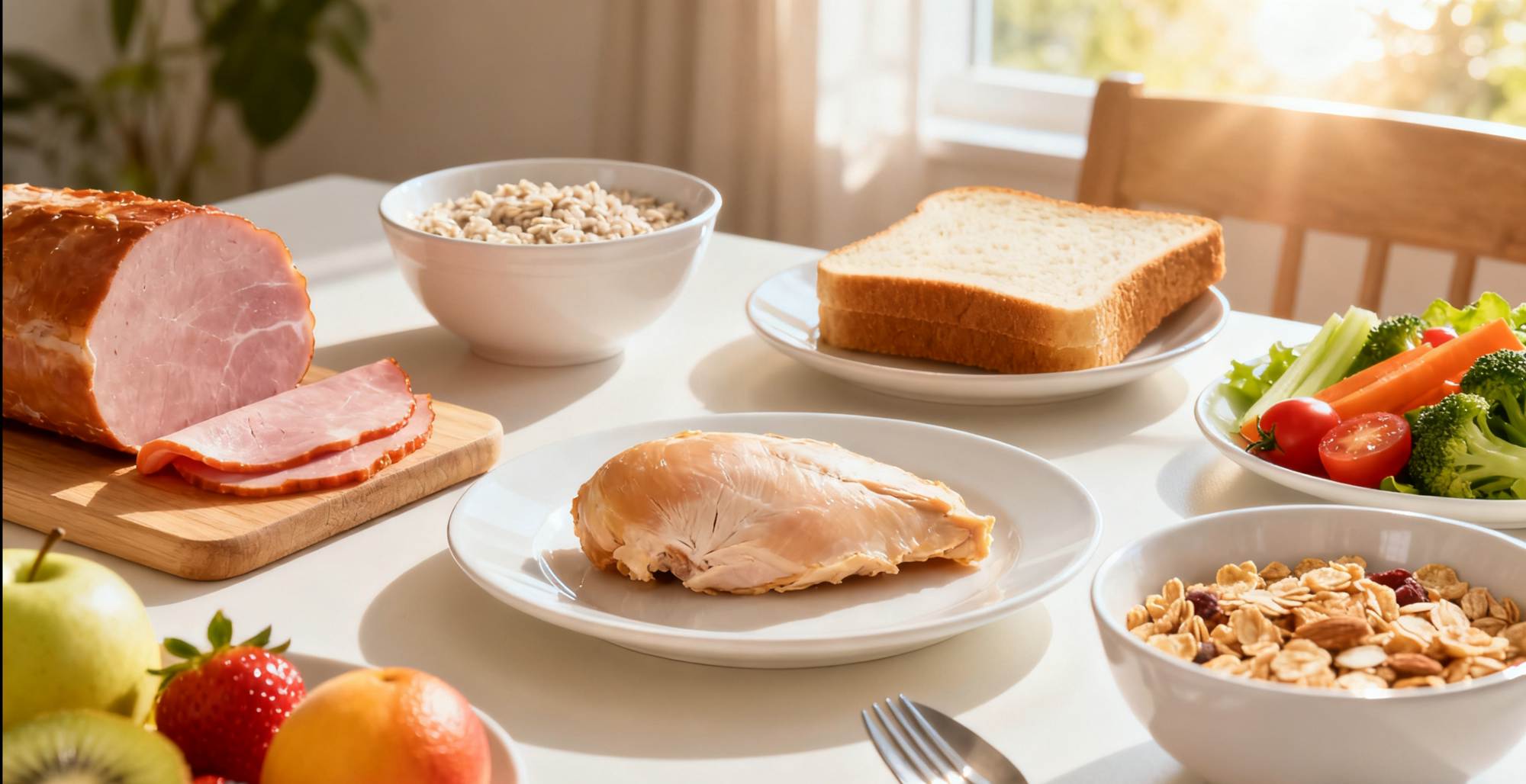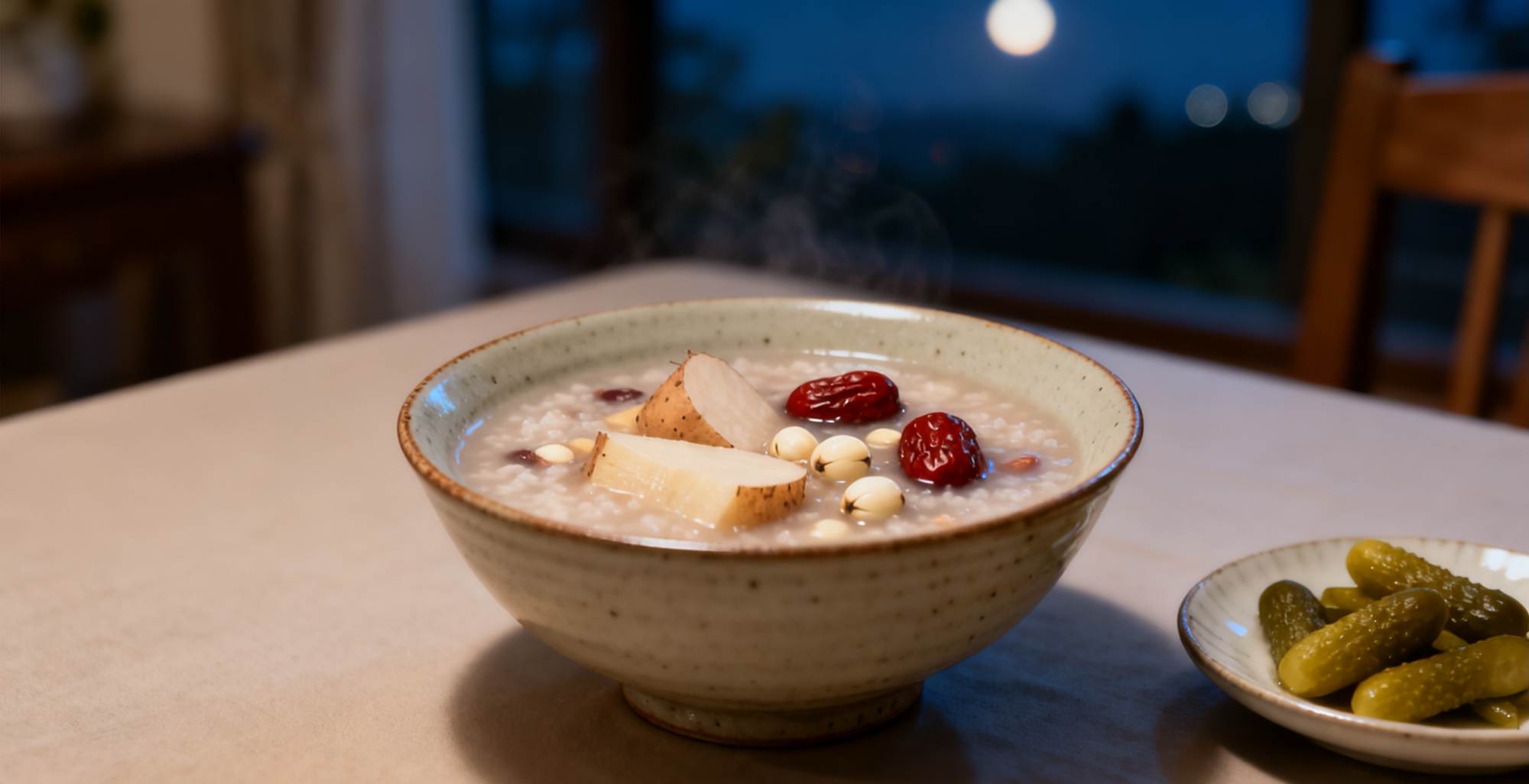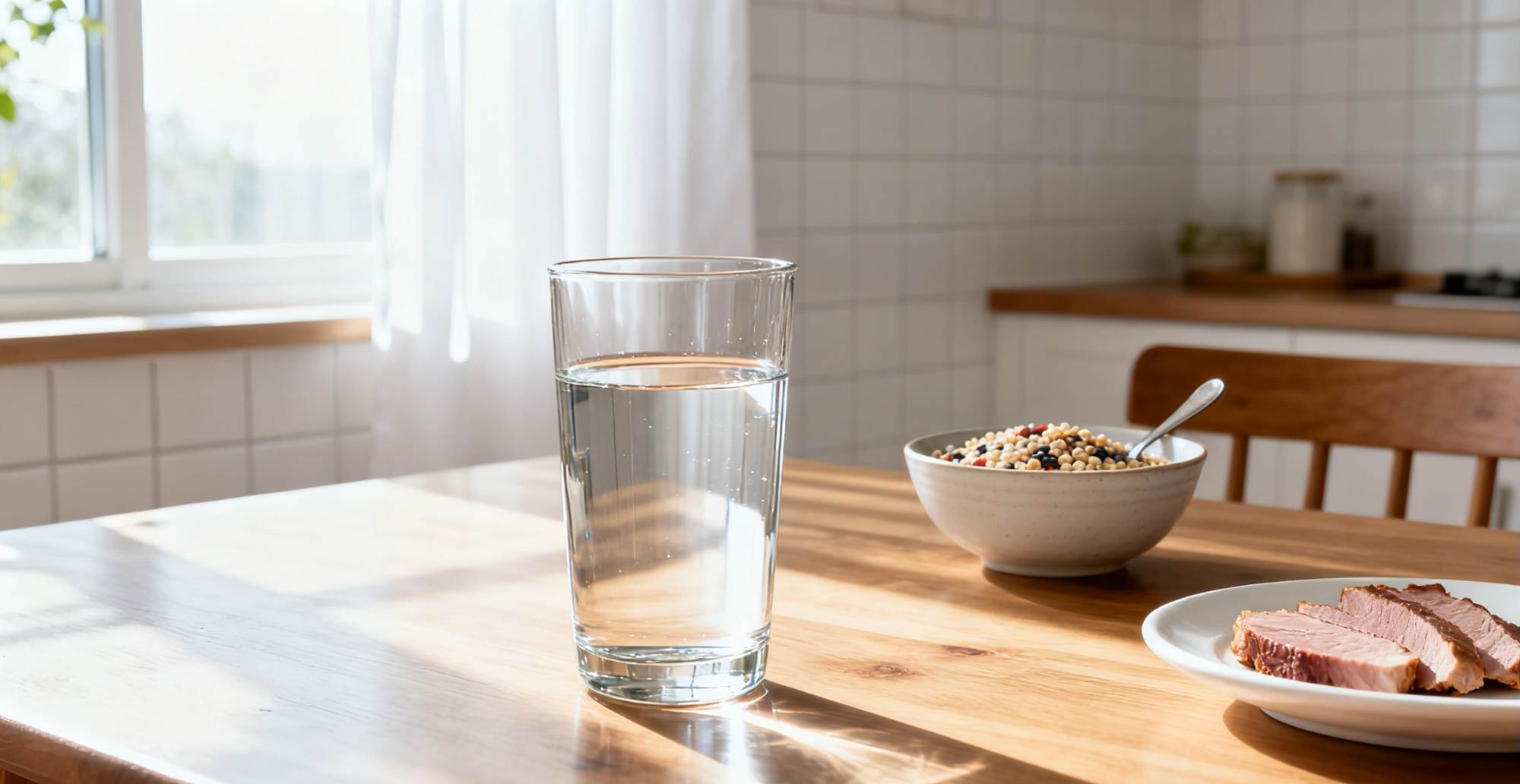content
1. Sunbathe in the morning and soak your feet in the evening.
2. Drink water in the morning and honey in the evening.
3. Eat a "hard" meal in the morning and drink a thin, watery drink in the evening.

1. Sunbathe in the Morning, Soak Your Feet at Night
Sunbathing helps with calcium absorption and can also invigorate the spirit. Experts suggest that in winter, sunbathing in the morning for just 15 minutes can help increase vitamin D levels and promote calcium absorption. In Japan, regular morning sunbathing is even used as a sleep therapy method because it helps the body's biological clock gradually return to normal, which is key to alleviating insomnia.

Soaking your feet in hot water helps blood circulation and improves sleep quality, so it's recommended to do this before bed. After a day of activity, the body is usually tired at night, and the liver and kidneys urgently need rest and nourishment. The best way to nourish the body at this time is to soak your feet. Soak your feet in water around 40℃ for half an hour before bed, until you feel warm but not sweaty. After soaking your feet, it's recommended not to engage in any other activities and to go to sleep a few minutes later for better results.
2. Drink Water in the Morning, Drink Honey at Night
Traditional Chinese medicine has a saying: "Drink salt water in the morning and honey at night." Salt has the effects of clearing heat, cooling blood, detoxifying, and nourishing the kidneys. Drinking a glass of lightly salted water on an empty stomach after waking up in the morning can help reduce internal heat, benefit the kidneys, relieve constipation, improve gastrointestinal digestion, and is also beneficial for those suffering from internal heat and sore throat. However, patients with cardiovascular diseases such as hypertension, as well as those with poor kidney function, should drink it with caution; generally, the salt content in 100ml of water should not exceed 0.9g to avoid increasing the burden on the kidneys and heart.

Drinking honey water at night can aid digestion and promote sleep. You can take a spoonful of honey mixed with warm water before bed each day. However, people who frequently urinate at night should avoid drinking honey at night because its high sugar content can easily cause frequent urination; diabetic patients should also drink it with caution.
3. Eat "hard" food in the morning and drink liquid food at night
Eating "hard" food in the morning does not refer to food with a hard texture, but rather to nutritious, high-energy foods. A good breakfast ensures sufficient energy for the day's activities. Examples include lean meat and grains. However, elderly people with weaker digestive systems should also consider the ease of digestion of their food.

After dinner, people's activity levels decrease. To avoid food accumulation, it's advisable to eat less and choose easily digestible foods, such as thin porridge. Meat and spicy foods should be avoided. Drinking porridge for dinner also has stomach-nourishing and calming effects; yam porridge, lotus seed porridge, and red date porridge are recommended for the elderly.



